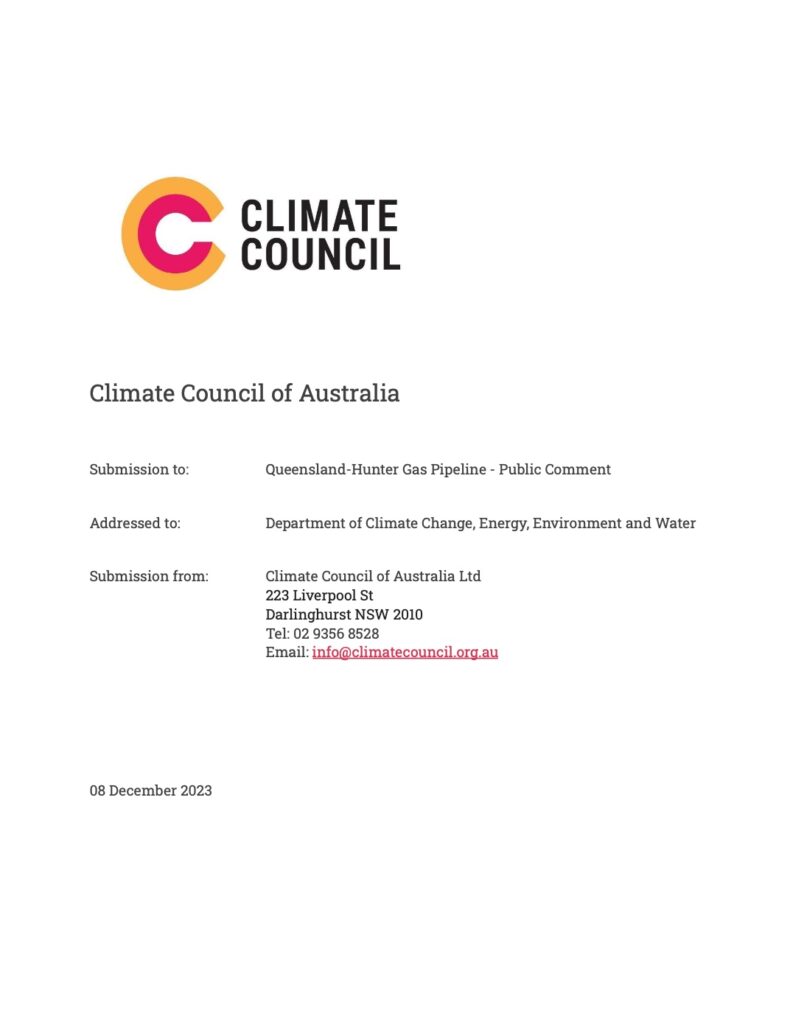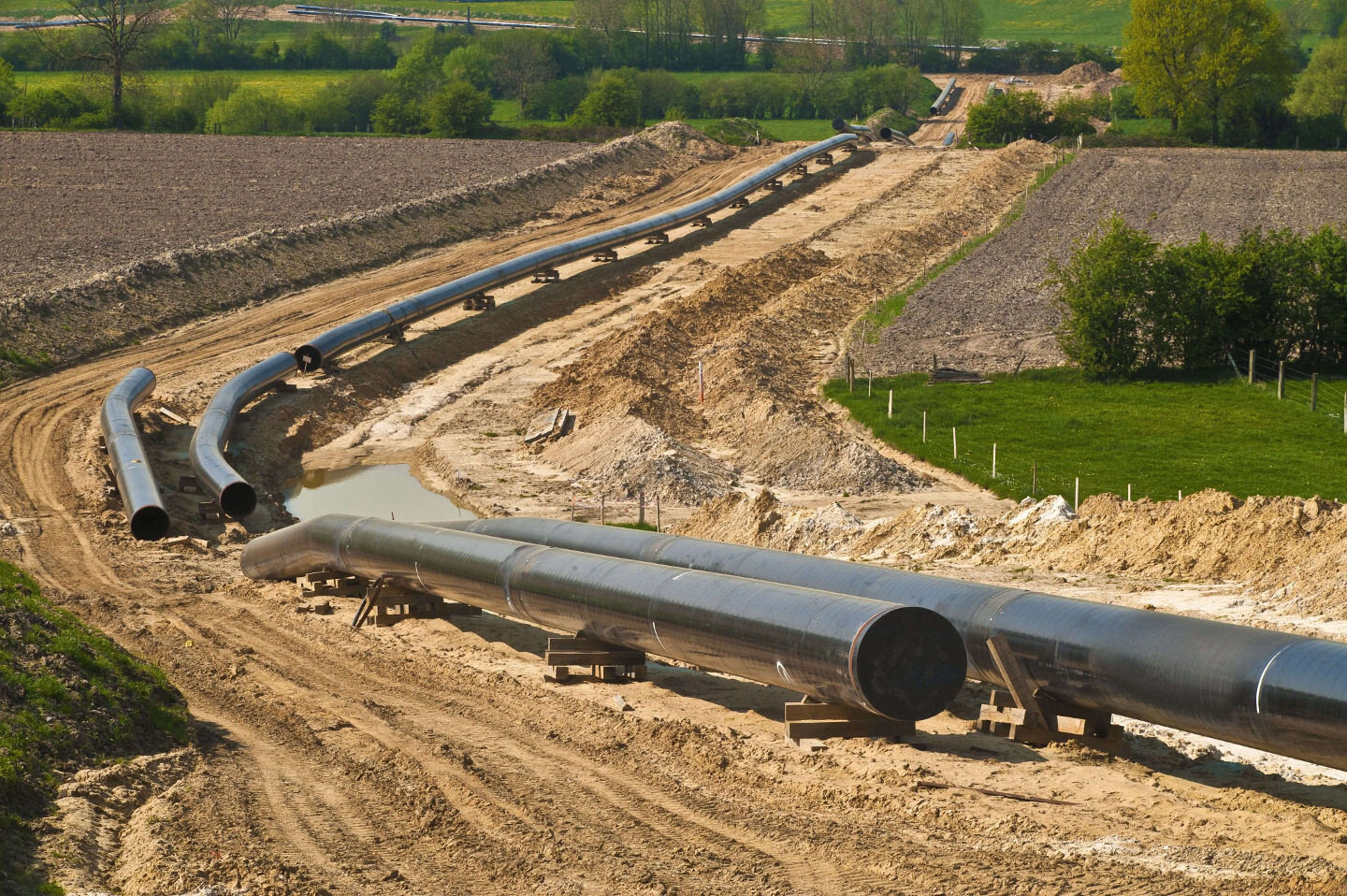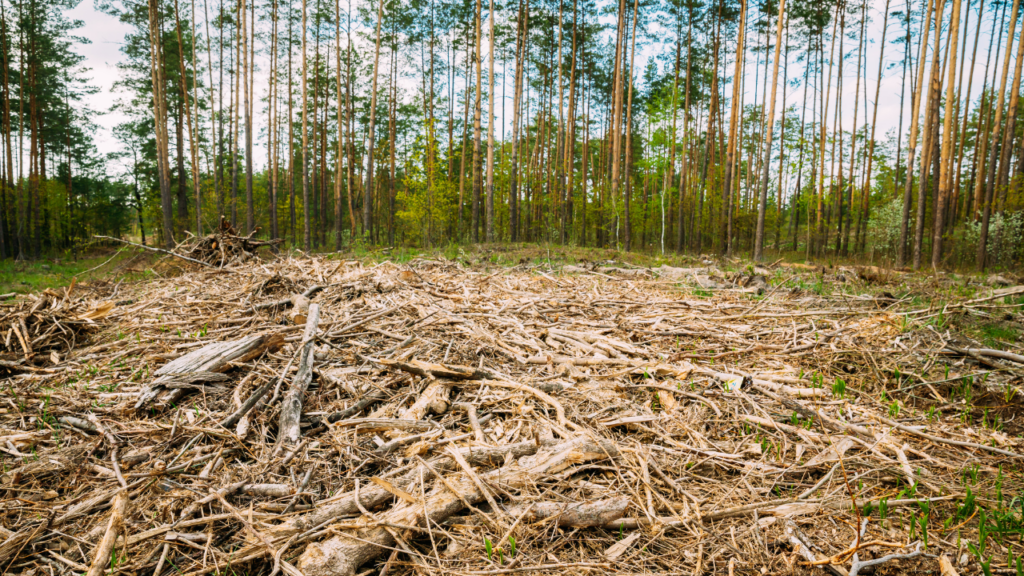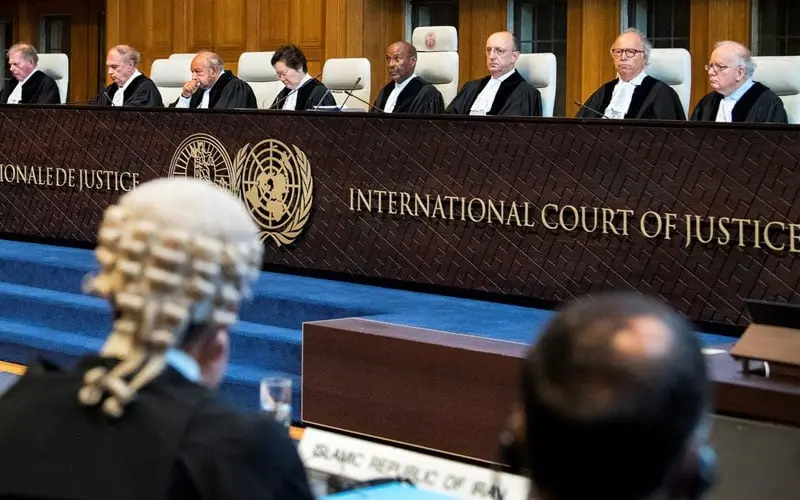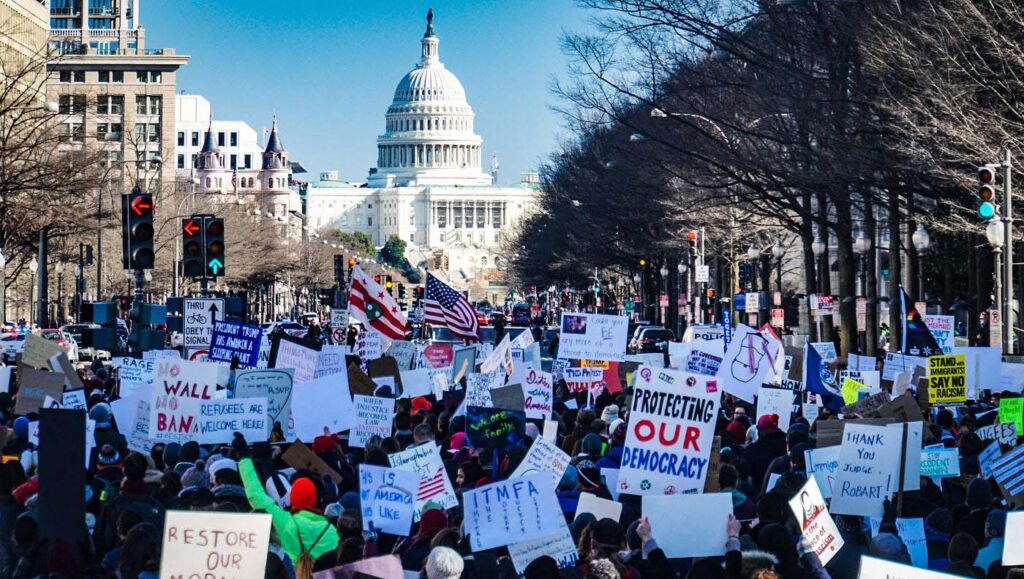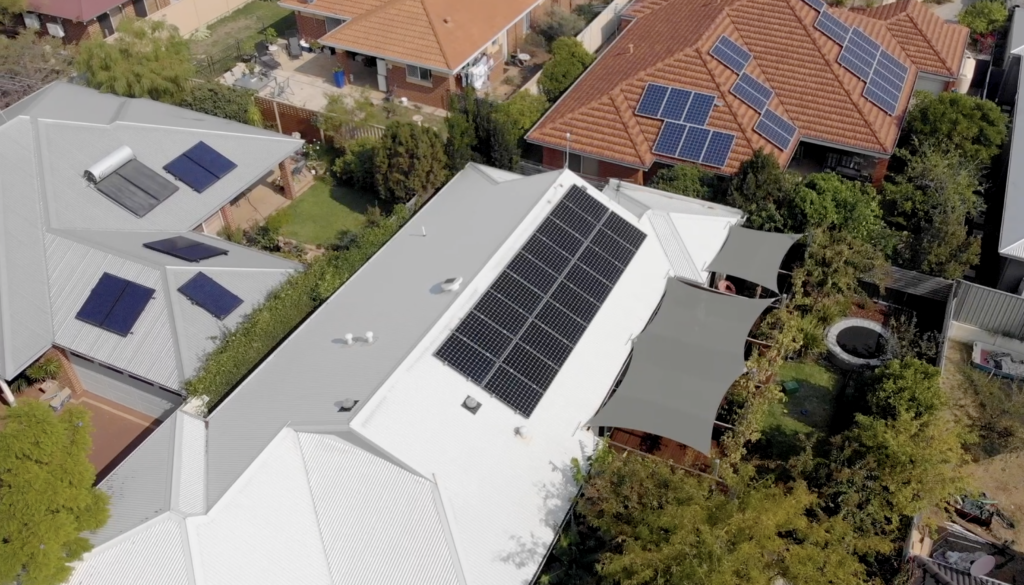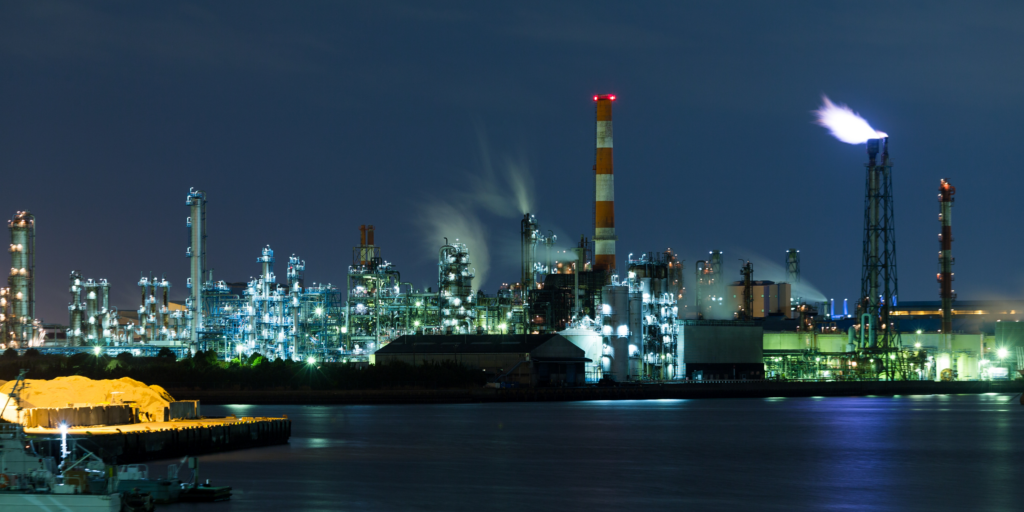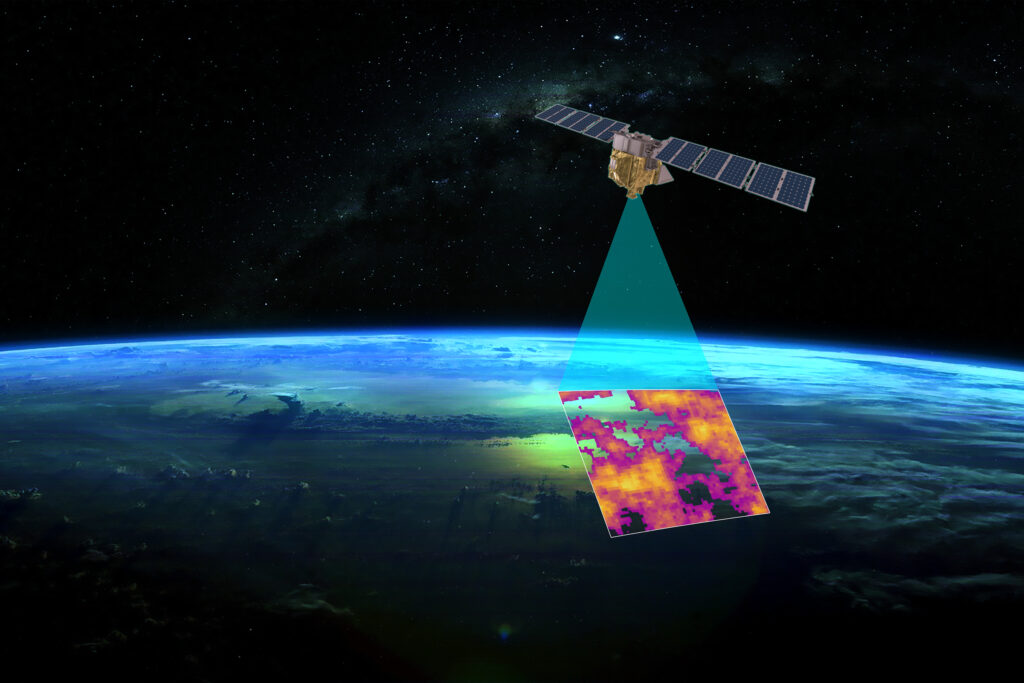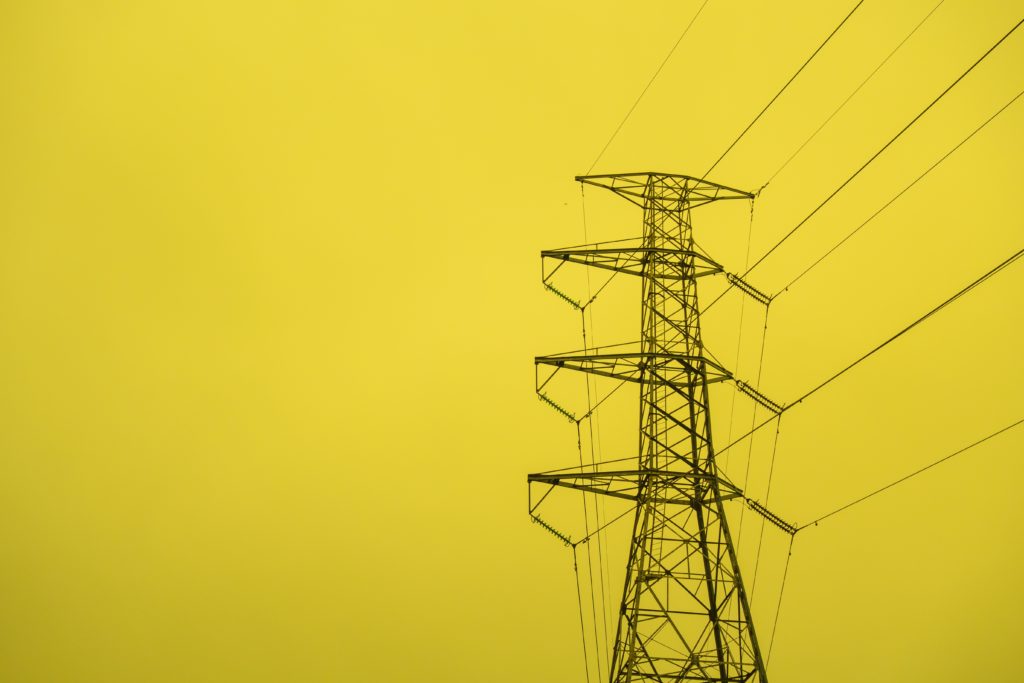Climate Council of Australia welcomes the opportunity to provide feedback to the Department of Climate Change, Energy, Environment and Water (DCCEEW) on whether to review the 2008 decision not to consider the Queensland-Hunter Gas Pipeline project a ‘controlled action’ under the Environmental Protection and Biodiversity Conservation Act (EPBC Act).
It is our strong recommendation that this decision be urgently reviewed, and the Queensland-Hunter Gas pipeline be considered a ‘controlled action’ under the law. The project should be required to undergo a new environmental assessment.
The Queensland-Hunter Gas Pipeline is a proposed 833 kilometre new gas infrastructure project with immense environmental risk. It is intended to pipe fossil gas from the Wallumbilla gas hub in southern Queensland, through northern NSW and onto the Port of Newcastle (Santos, n.d.). In 2008, under the Rudd Government, it was determined that the project did not require federal environmental approval (Department of Environment, Water, Heritage and the Arts, 2008). Since then, significant new information about its potential environmental impacts on nationally protected matters has come to light. This includes potential impacts on a number of listed threatened species, such as the critically-endangered Regent Honeyeater and Spotted-tail quoll, that have been found living along the proposed pipeline corridor (Lock The Gate, 2022). These threatened species were missing from the proponent’s original application, and were not considered as part of the original referral decision. Since that time, they have suffered extensive habitat loss from extreme weather events such as the Black Summer bushfires (Department of Agriculture, Water and the Environment, 2020).
Threatened species are among the specific Matters of National Environmental Significance (MNES) our national environment law seeks to protect, and doing so is one of the core functions of the EPBC Act. Failure to properly assess the Queensland-Hunter Gas Pipeline for its potential impacts on these nationally-listed threatened species would mean failing to properly protect our natural environment, wildlife, and ecosystems from harm. This should be enough to trigger a review of the original referral decision.
Further, many precious ecosystems along the pipeline corridor and across the country face sustained and increasing pressure from climate change. Caused by the burning of fossil fuels like coal, oil and gas, climate change is one of the biggest threats to our natural environment. Emissions from these polluting industries are driving an increase in more
dangerous and damaging extreme weather events such as bushfires, floods, storms, heatwaves and drought, all of which do serious environmental damage.
Unless we stop investing in new fossil fuel infrastructure, and get our greenhouse gas emissions to plummet this decade, our precious natural environment, and the plants, animals, insects, air and water we all depend on will face more frequent and severe extreme weather events. This puts our wildlife, biodiversity and natural heritage at ever-growing risk (Climate Council, 2023).
Summary of recommendations
Climate Council recommends the decision not to consider the Queensland-Hunter Gas pipeline a ‘controlled action’ under the Environmental Protection and Biodiversity Conservation Act (1999) be urgently reviewed.
Since the decision not to treat the Queensland-Hunter Gas Pipeline as a controlled action was made more than fifteen years ago, significant new information about the impact of the project on nationally protected environmental matters has come to light.
The Queensland-Hunter Gas Pipeline project should be required to undergo a new environmental assessment process, based on the most up-to-date information and science available.
The Australian Government is also in the process of drafting new environmental legislation, intended to better understand and assess the environmental impacts of new developments, and better protect critical species and ecosystems. As part of this, the Australian Government should additionally not approve any new expansion or development of fossil fuel projects while these reforms are underway.
